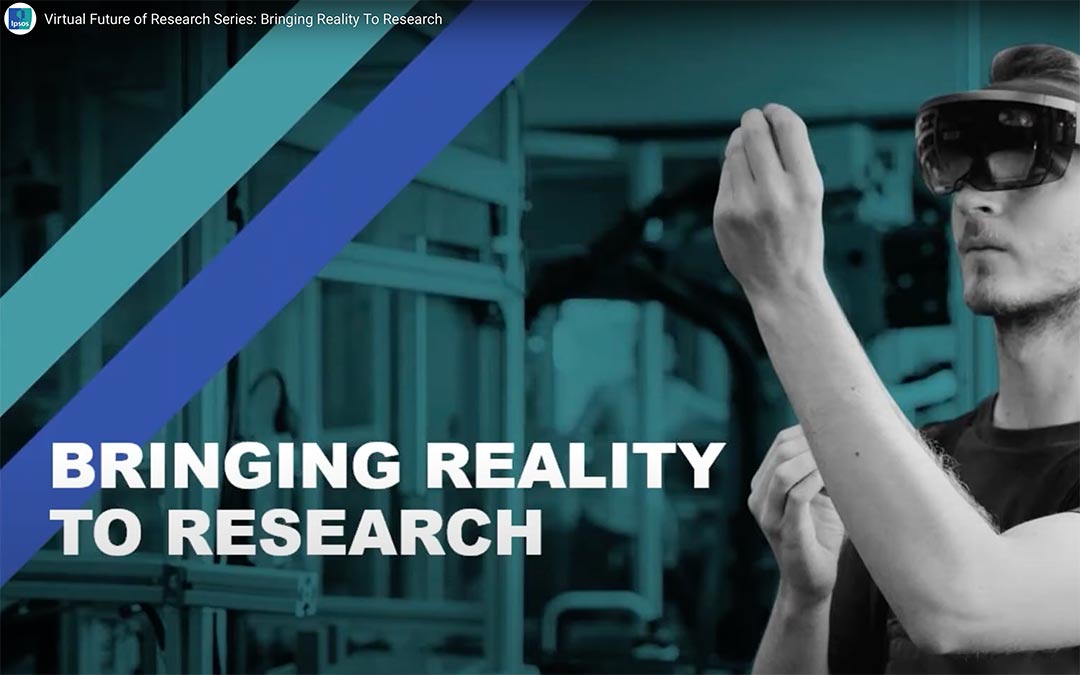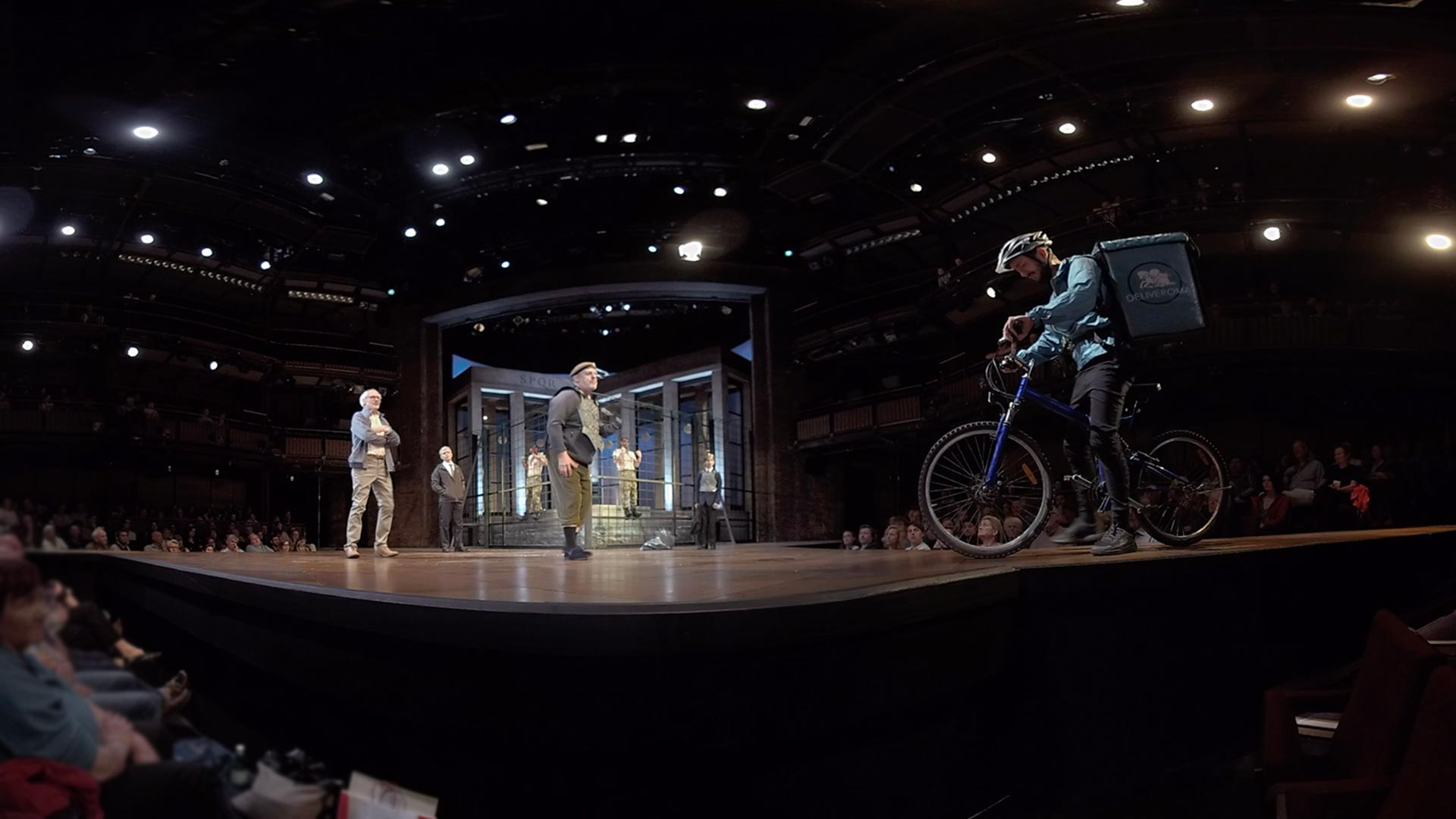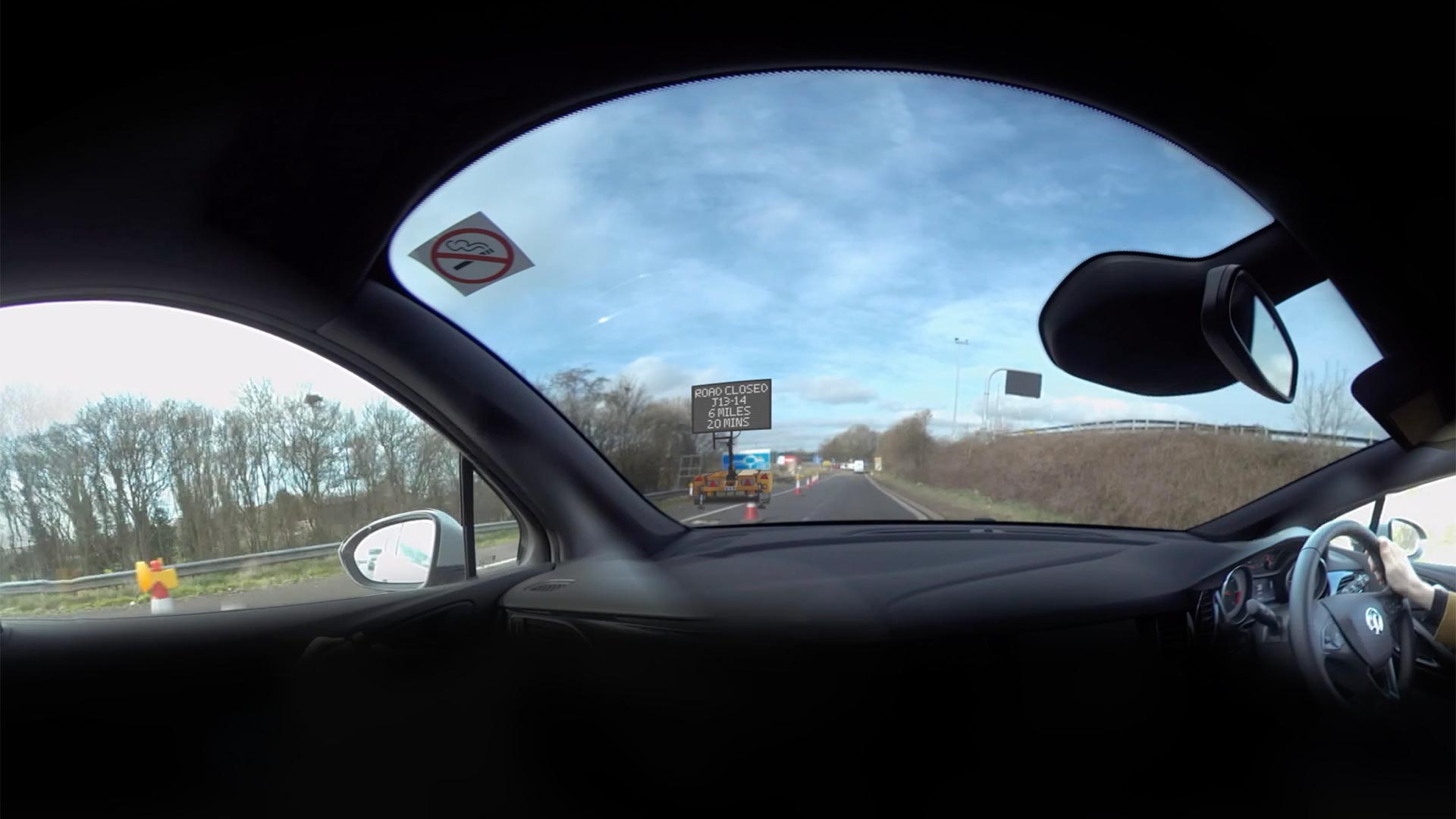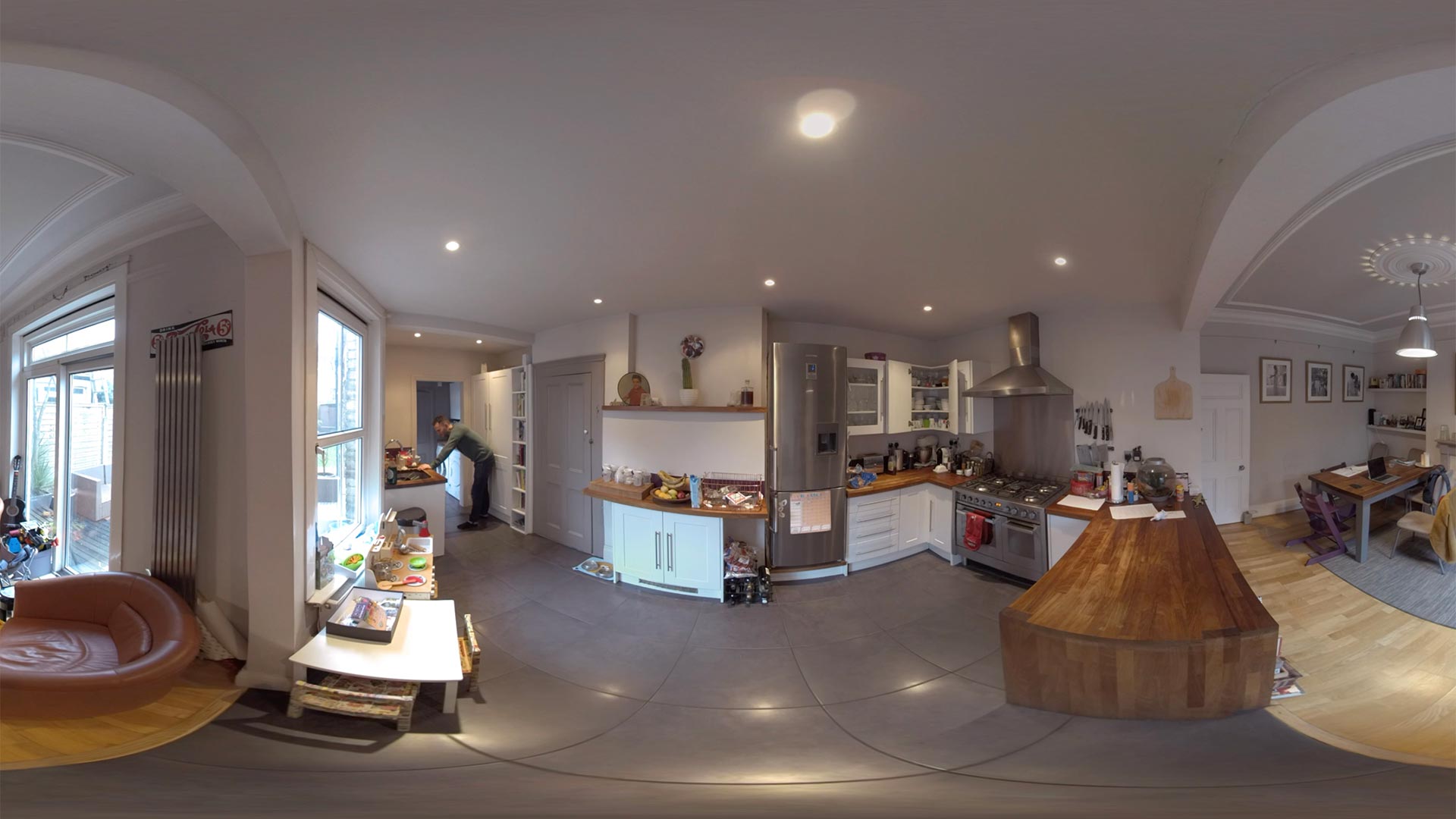Bringing reality to research with Ipsos
Ipsos in the UK were early adopters of our AR and VR technology and – in their Virtual Future of Research Series – they share case studies with clients to explain why and how AR and VR have been used on research projects. From healthcare to automotive, AR and VR uncover in-the-moment insight on real consumer experiences to reduce the Say-Do gap and deliver ROI. This summary of publicly available case studies brings back fond memories of the studies we’ve worked on together.

RSC in VR
The Royal Shakespeare Company project was pioneering as the VR stimulus was a 3-hour theatre production of Shakespeare’s bloodiest, most gruesome plays! It proved the extraordinary ‘sense of presence’ which virtual reality creates to transport people to another place so researchers can truly understand emotional engagement. The level of immersion in VR was similar to live theatre and was far greater than cinema (arguably the most immersive form of traditional media).


Diversionary tactics
Highways England explored diversion routes in VR to understand how best to communicate planned roadworks to motorists using different roadside signs. The evaluation placed respondents in a car travelling along a road to test reactions to signage which didn’t exist in the real world. In the same way motorists see different things on their journey, participants in this case study recalled different messages from the road signs, so the research insights accurately reflected a real journey.

Medical insights through virtual reality
Bayer utilise VR successfully to empathise with patients and understand, with a first-person perspective, the chronic pain which some patients experience. Stepping into a patient’s kitchen and seeing how daily tasks are restricted by certain medical conditions is incredibly impactful. As one client put it: “walking in the consumer’s shoes led to a unique experience that simply words or a presentation couldn’t have conveyed”.

Honda
Honda save time and money with AR to test alternative wheel designs in car clinics which wouldn’t be possible with traditional research methods using just images. The client screened multiple wheel designs with participants to make confident decisions about the most appealing design to prototype in the real world. The applications of AR and VR technology in research are broad and impactful, which this small selection of case studies illustrates.

Check out Ipsos’ explanation below.
